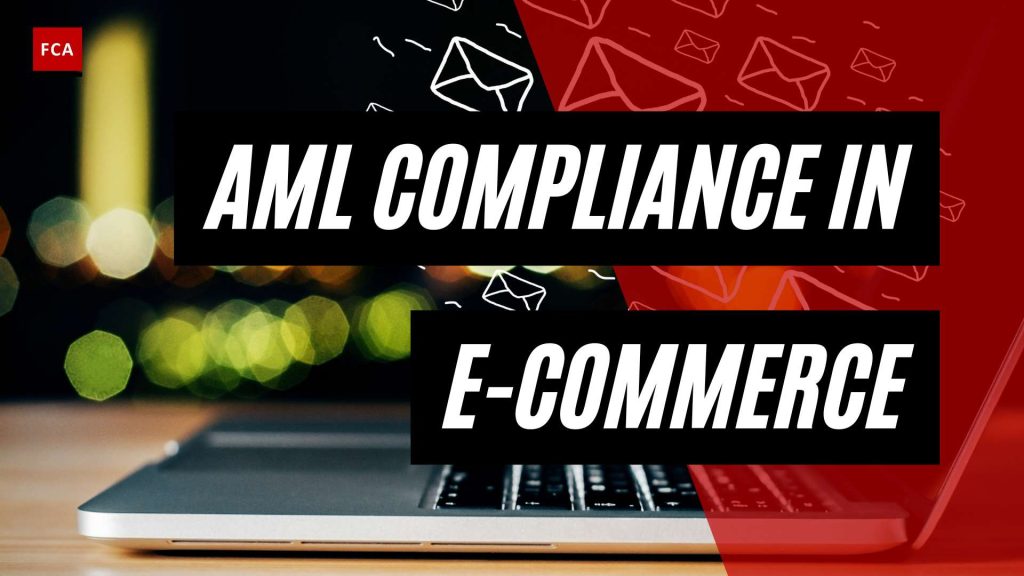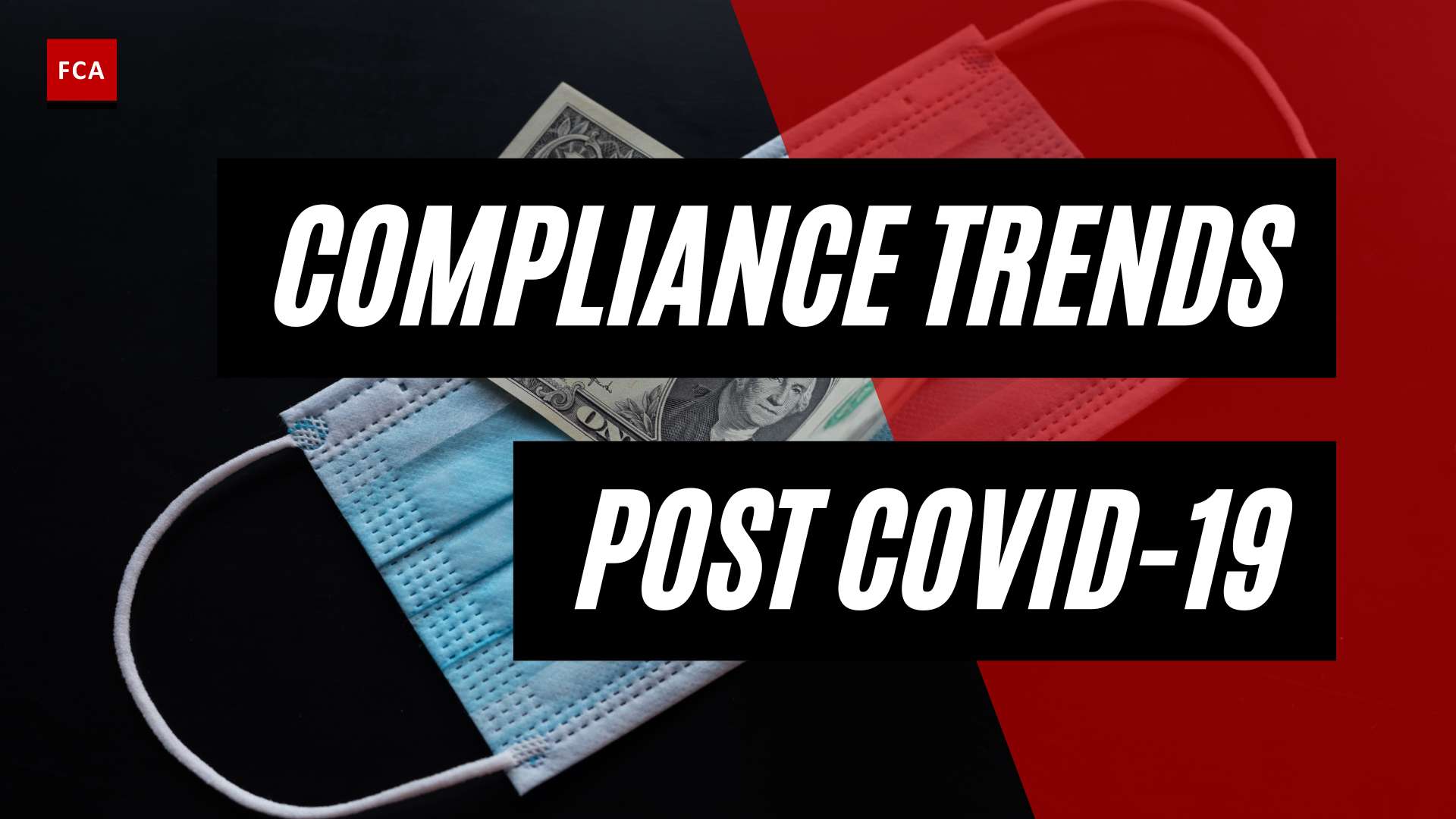Understanding AML in E-Commerce
In the rapidly evolving world of e-commerce, the importance of implementing robust Anti-Money Laundering (AML) measures cannot be overstated. In this section, we will provide an overview of AML in e-commerce and discuss why it is crucial for businesses operating in the digital space.
Overview of AML in E-commerce
AML refers to a set of procedures, laws, or regulations designed to prevent the illegal practice of generating income through illicit actions. In the context of e-commerce, AML involves implementing measures to prevent money laundering activities on digital platforms.
According to FINRA, AML compliance in the e-commerce sector is a critical component for businesses given the increasing focus on global regulations. An estimated 10.5% of global GDP is being laundered each year, amounting to around $1.6 trillion.
E-commerce platforms have been directed to comply with AML regulations to prevent money laundering activities. Failure to comply can result in severe penalties, including hefty fines and reputational damage.
Importance of AML in E-commerce
Implementing robust AML compliance solutions is vital for e-commerce platforms to conduct proper due diligence on customers, monitor transactions, and maintain records to ensure regulatory requirements are met.
The importance of AML compliance in e-commerce extends beyond just avoiding penalties. It plays a significant role in protecting businesses from becoming unwitting accomplices in illegal activities. By implementing effective AML measures, e-commerce platforms can enhance their reputation, build trust with customers, and foster a safer online environment.
AML compliance platforms for e-commerce can assist businesses in automating customer identity verification, conducting ongoing monitoring, performing enhanced due diligence, and reporting to regulatory authorities to avoid financial crimes.
For more information on implementing AML compliance in your e-commerce business, refer to our articles on AML regulations for online businesses, AML screening for e-commerce transactions, and AML software for e-commerce platforms.
E-Commerce Fraud Types
In the realm of e-commerce, several types of fraud can pose significant risks to businesses. These fraudulent activities can lead to financial losses, damaged reputation, and non-compliance with anti-money laundering (AML) regulations. This section will delve into the common types of fraud: identity theft, payment fraud, chargeback fraud, and money laundering.
Identity Theft in E-commerce
Identity theft remains the most common type of fraud in e-commerce, causing significant losses for customers and merchants annually. Criminals obtain personal information through various means like phishing scams, hacking, or purchasing it on the dark web. Once obtained, the criminals can impersonate the unsuspecting individuals to make fraudulent purchases or conduct other illicit activities. This emphasizes the importance of kyc for e-commerce businesses in protecting both the customers and the businesses from such fraudulent activities.
Payment Fraud in E-commerce
Payment fraud is another prevalent type of e-commerce fraud. It occurs when cybercriminals use stolen payment information or create fake payment details to make purchases. This can include using stolen credit card numbers or creating fake bank accounts to deceive sellers into accepting payments. Such activities necessitate the need for aml screening for e-commerce transactions to ensure the legitimacy of the transactions and adherence to aml regulations for online businesses.
Chargeback Fraud in E-commerce
Chargeback fraud, also known as friendly fraud, is a common form of e-commerce fraud where a buyer disputes a charge with their bank or credit card company. They claim the transaction was unauthorized or the product was not delivered as promised, causing the merchant to suffer financial loss. Robust aml policies for online marketplaces can help to protect businesses from such fraudulent activities and maintain AML compliance.
Money Laundering in E-commerce
Money laundering in e-commerce platforms is a serious issue, where criminals transform illicit funds into seemingly legitimate transactions using stolen credit cards or other illegal payment methods. This makes it challenging for law enforcement to trace the origin of funds, enabling criminals to avoid penalties. Implementing effective aml checks for cross-border e-commerce and aml monitoring for digital payments is crucial for businesses to combat money laundering and ensure AML compliance.
Understanding these various types of fraud is crucial for e-commerce businesses to protect themselves and their customers. Through robust AML measures, businesses can mitigate these risks and foster a safe and secure e-commerce environment.
AML Compliance in E-Commerce
The rise of e-commerce has brought with it an increased risk of money laundering activities. As a result, implementing robust anti-money laundering (AML) measures has become crucial in maintaining the integrity of online transactions and platforms.
AML Regulations in E-commerce
As the e-commerce sector continues to grow, so too does the focus on global AML regulations. An estimated 10.5% of global GDP is laundered each year, amounting to around $1.6 trillion. To combat this, regulatory bodies have directed e-commerce platforms to comply with AML regulations. These regulations are designed to prevent money laundering activities, with non-compliance resulting in severe penalties, including hefty fines and reputational damage (FINCOM).
Regulatory bodies such as the Financial Industry Regulatory Authority (FINRA) provide tools and resources for compliance professionals in member firms to access filings and requests, run reports, and submit support tickets through the FINRA Gateway. To find out more about AML regulations specific to online businesses, visit our page on aml regulations for online businesses.
AML Compliance Programs for E-commerce
In the wake of these regulations, implementing robust AML compliance solutions is vital for e-commerce platforms. These solutions help businesses conduct proper due diligence on customers, monitor transactions, maintain records, and ensure regulatory requirements are met.
Effective AML compliance platforms for e-commerce can assist businesses in automating customer identity verification, conducting ongoing monitoring, performing enhanced due diligence, and reporting to regulatory authorities to avoid financial crimes.
For example, tools for kyc for e-commerce businesses aid in verifying customer identities, while aml monitoring for digital payments systems help track and analyze transaction patterns for signs of suspicious activity. Meanwhile, aml training for e-commerce staff ensures that employees are equipped with the knowledge and skills to uphold AML protocols.
To learn more about the different AML compliance strategies and how they can be tailored to your e-commerce business, refer to our resource on aml compliance programs for e-commerce.
Implementing AML Measures in E-Commerce
Implementing robust anti-money laundering (AML) measures is indispensable for e-commerce businesses. These measures include customer due diligence, transaction monitoring, and suspicious activity reporting.
Customer Due Diligence (CDD)
Customer due diligence (CDD) forms a critical part of AML procedures in e-commerce. It involves verifying the identity of customers and assessing their risk profiles. Given that e-commerce transactions are typically remote, the absence of a physical presence makes CDD especially challenging. However, it’s imperative to mitigate the risk of money laundering and terrorist financing activities in online transactions (Pideeco).
E-commerce platforms can leverage AML compliance solutions to automate the process of customer identity verification and conduct ongoing monitoring. Enhanced due diligence can be performed on high-risk customers, ensuring that regulatory requirements are met. For a deeper look into CDD in the context of e-commerce, refer to our article on AML due diligence in e-commerce.
Transaction Monitoring
Transaction monitoring is another crucial aspect of AML compliance in e-commerce. Businesses need to implement monitoring solutions capable of efficiently handling large volumes of transactions in real-time. This allows for the detection and prompt reporting of suspicious activities.
The use of artificial intelligence and machine learning technologies can significantly enhance transaction monitoring systems. Such technologies improve the detection of suspicious activities and reduce false positives, thereby improving overall compliance efforts. To learn more about how this can be achieved, read our guide on AML monitoring for digital payments.
Suspicious Activity Reporting
Suspicious activity reporting is a critical AML measure for e-commerce businesses. If a transaction or a series of transactions are identified as suspicious during monitoring, businesses are required to submit a report to the relevant authorities.
Regulators expect e-commerce platforms to implement stringent AML controls, such as suspicious activity reporting, to prevent fraud and money laundering. Automated AML procedures can enhance the efficiency and accuracy of these reports, contributing to the prevention of financial crimes on online platforms.
The implementation of AML measures in e-commerce is a vital aspect of AML compliance for online businesses. By following these recommendations, businesses can not only comply with regulations but also build trust with customers and other stakeholders.
The Role of Technology in AML Compliance
As the digital landscape continues to evolve, technology is playing a crucial role in enhancing anti-money laundering (AML) compliance in e-commerce. By leveraging cutting-edge solutions like artificial intelligence (AI) and machine learning, e-commerce businesses can automate AML procedures, improve transaction monitoring, and strengthen their overall compliance posture in the digital environment.
AI and Machine Learning in AML
Artificial intelligence and machine learning technologies are increasingly being employed to bolster AML efforts in the e-commerce sector. These advanced technologies enable e-commerce businesses to analyze large volumes of transaction data in real-time, detect suspicious activities, and reduce false positives, thereby improving overall compliance efforts.
AI and machine learning can learn from historical transaction data, identify patterns, and predict future behavior. This predictive capability can be instrumental in identifying unusual and potentially fraudulent transactions, allowing businesses to take prompt action and mitigate potential risks.
Furthermore, AI and machine learning can greatly enhance the efficiency of AML screening for e-commerce transactions, helping businesses to effectively fulfil their AML obligations and maintain a robust compliance program.
Automated AML Procedures
Automation is another key aspect of leveraging technology for AML compliance in e-commerce. Automated AML procedures, powered by AI and machine learning, can handle large volumes of transactions efficiently and in real-time, enabling businesses to detect and report suspicious activities promptly.
Automated AML procedures can include activities such as customer due diligence, transaction monitoring, and suspicious activity reporting. These procedures can significantly reduce manual efforts, minimize human errors, and enhance the accuracy and speed of AML compliance operations.
Automated AML procedures can be particularly beneficial for e-commerce businesses that operate across borders, as they can quickly adapt to different regulatory requirements and ensure compliance with AML regulations for online businesses in various jurisdictions.
In conclusion, technology, particularly AI and machine learning, is a key enabler in ensuring AML compliance in the e-commerce sector. By automating AML procedures and leveraging predictive analytics for transaction monitoring, e-commerce businesses can stay ahead of potential threats, maintain compliance, and foster a trusted and secure digital environment for their customers.
Effects of Non-compliance
Non-compliance with anti-money laundering (AML) regulations in the e-commerce sector can lead to severe repercussions. In this section, we discuss the potential consequences of non-compliance and how to mitigate these risks.
Consequences of AML Non-compliance
Failure to comply with AML regulations can lead to severe consequences, including hefty fines, legal actions, loss of licenses, and even imprisonment for individuals involved in money laundering activities.
In the context of e-commerce, non-compliance can lead to even more devastating impacts, including heavy fines, legal action, reputational damage, and potentially even business closure. This underscores the importance of robust transaction monitoring procedures for businesses operating online.
With increasing focus on AML enforcement by regulatory authorities, e-commerce companies must prioritize AML compliance to avoid potential financial and operational setbacks (Pideeco).
Mitigating Non-compliance Risks
To mitigate the risks of non-compliance, e-commerce businesses must prioritize the development and implementation of comprehensive AML compliance programs. This includes robust customer due diligence (KYC for e-commerce businesses), transaction monitoring (AML monitoring for digital payments), and suspicious activity reporting procedures.
Understanding and adhering to AML regulations for online businesses is a crucial first step in mitigating non-compliance risks. Additionally, implementing AML screening for e-commerce transactions can help detect and prevent potential money laundering activities.
Furthermore, using AML software for e-commerce platforms can automate and streamline compliance processes, making it easier to monitor transactions, identify suspicious activities, and report potential violations.
It’s also important to conduct regular AML training for e-commerce staff to ensure they are knowledgeable about current AML regulations and compliance procedures. This will enable them to identify potential risks and take appropriate action to prevent money laundering activities.
By taking these measures, e-commerce businesses can not only comply with AML regulations but also build trust with customers and stakeholders, enhance their reputation, and foster a secure and transparent online shopping environment.








